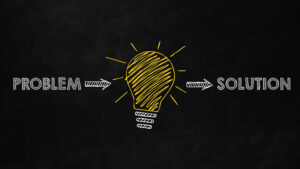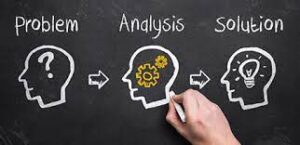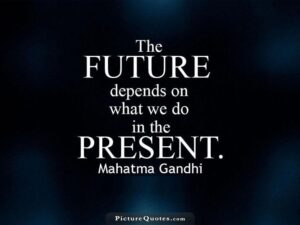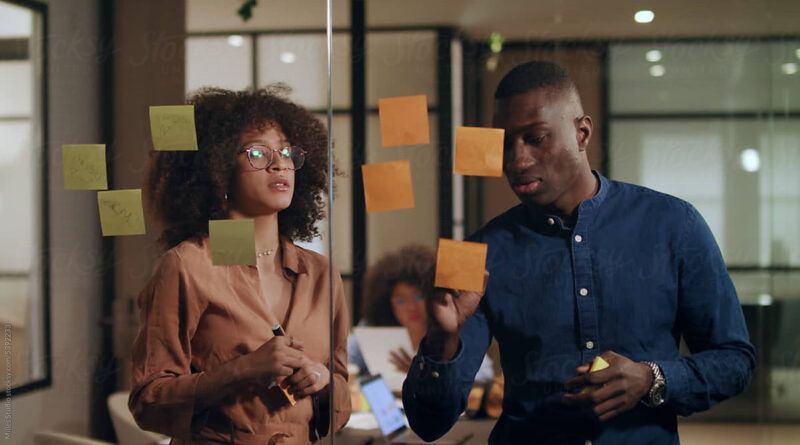Title: 10 Good Ways to Get Better at Solving Problems

Problem-solving is a skill that can be worked on and gotten better at over time. In this blog post, we’ll look at ten great ways to improve your ability to solve problems.
Say what the problem is. For sure
The first step to fixing a problem well is to describe it as clearly as possible. To do this, you need to find the root cause, understand the situation, and explain the problem in clear, simple words. Without a clear definition of the problem, it’s hard to find a good answer.
Find out about something

Once you know what the problem is, you can gather information about it. Do research, gather facts, and talk to other people who may have ideas about the problem. The more you know about a problem, the better you’ll be able to look at it from different points of view.
Cut the problem up into smaller pieces
Complex problems can be really hard to deal with. To make fixing a problem easier, break it up into smaller, more manageable pieces. This method, called “decomposition,” lets you focus on individual parts and deal with them one at a time.

Think about things carefully.
Critical thought is the ability to look at and think about things in a fair and logical way. Use critical thinking skills to evaluate the information you’ve collected, find patterns, and find possible answers. Don’t be afraid to question your beliefs and look at things from different points of view.
Think of ways to fix things

After you’ve thought about what the problem is, come up with possible answers. During this time, it’s important to encourage creativity and an open mind. Sometimes, the most creative ideas come from thinking outside the box. Write down all of your ideas, even if they seem crazy.
Solution: Evaluate and rank them
After making a list of possible options, look at each one to see if it is possible, if it will have a positive effect, and if it fits with your goals. Focus on the options that look the most promising and have the best chance of working.
Test and try things out
Problems can arise when an answer is put into place without being tested first. Instead, try small-scale experiments or pilot projects to see if your chosen answer will work and how well it will work. This lets you improve your method and make any changes that are needed.
Ask for comments
Don’t be afraid to ask for comments from your peers, mentors, or experts in the field. They can give you useful information, point out your weak spots, and give you ideas you might not have thought of. Your ability to solve problems can be greatly improved by receiving constructive comments.
Find Out What Went Wrong

Not all problems have easy answers, and sometimes things go wrong along the way. Accept loss as a chance to learn. Look at what went wrong, change your plan, and use what you’ve learned to help you solve problems in the future. Failing is a step on the way to succeeding.
Problem-solving should be done often.
Problem-solving gets better with practice, just like any other skill. Give yourself a wide range of big and small problems to solve to keep your problem-solving skills sharp. You’ll get better at finding solutions and making good choices as you gain more experience.
In the end,

Improving your ability to solve problems is a useful investment that will help you in all parts of your life. You can become a better problem solver by using these ten strong strategies: defining the problem, gathering information, breaking it into smaller parts, using critical thinking, brainstorming, evaluating solutions, trying, asking for feedback, learning from mistakes, and practicing regularly.
Remember that fixing problems is a dynamic process that changes with each new problem you face.
The skills you learn will help you for the rest of your life.






